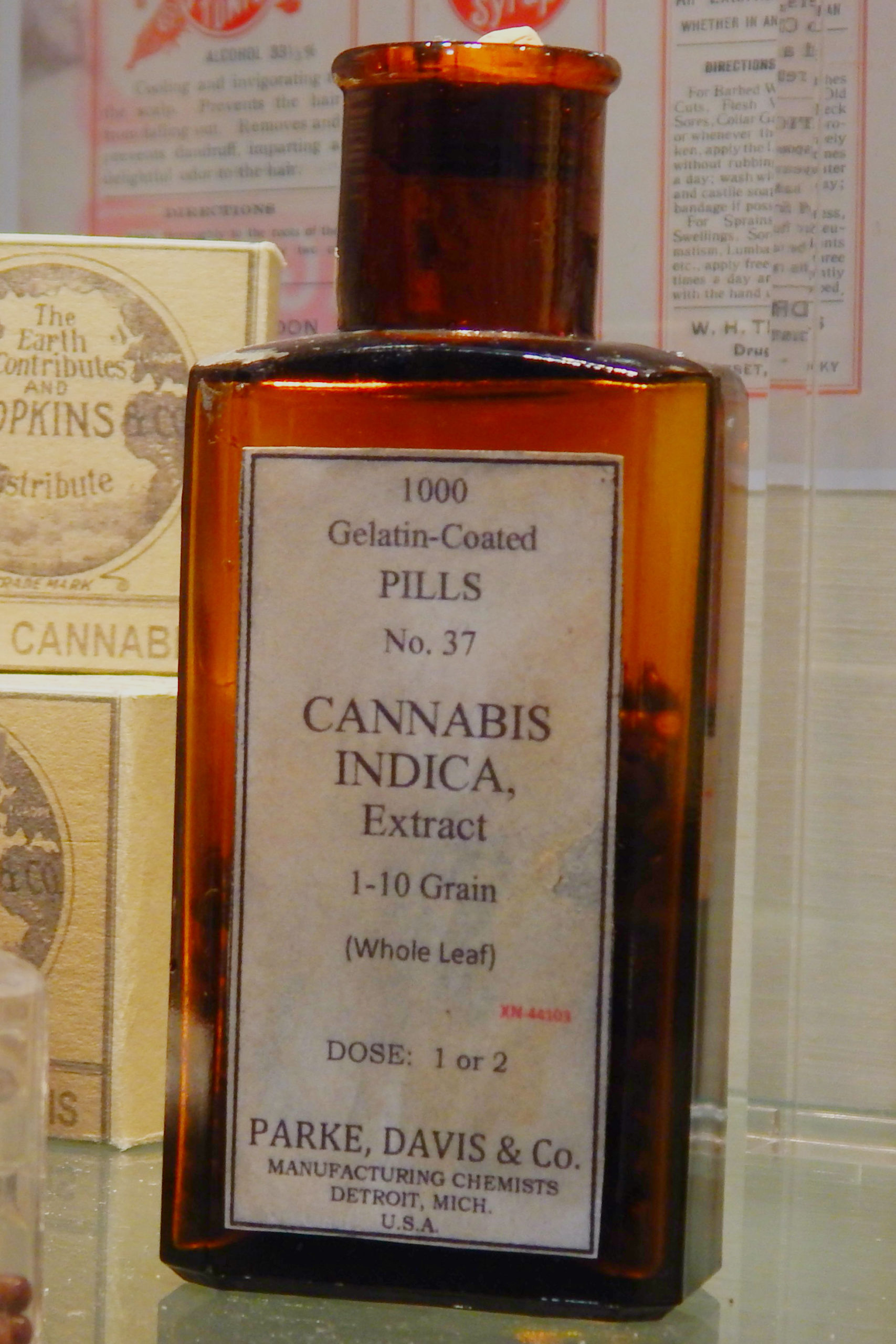
07 Aug An Argument for Calling It ‘Cannabis’
Marijuana. Pot. Weed. Dope. Ganja. Grass. Mary Jane.
The terms for cannabis are endless, with the roots of its various monikers reaching all over the world. But the scientific word for the plant is cannabis. Here at Green Cross of Torrance we think there are many reasons to use it rather than the many other options. These reasons are steeped in history and doused in racism, power plays, and misinformation.
Cannabis used to be widely popular as a medicine, sold throughout American pharmacies to treat various ailments. However, the practice of smoking it was brought to the US by Mexican immigrants during the late 1900s. It also made its way to New Orleans via shipping ports and into the hearts of mostly black jazz musicians. An influx in the numbers of immigrants also had the country on edge about living conditions. Americans were looking for people to blame for the changes.
Enter the demonization of cannabis…
In 1930, a man named Harry Anslinger was appointed as the first U.S. Federal Bureau of Narcotics. Prior to the end of alcohol prohibition, Anslinger had claimed that cannabis was not a problem and did not harm people. He even said “there is no more absurd fallacy” than the idea it makes people violent. (His critics argue he shifted due to the disuse of his Bureau of Narcotics after alcohol prohibition ceased.)
Anslinger started calling cannabis “marijuana,” and talking about it like it was a completely different thing. Him and many others worked day and night to change the perception to a drug that fueled insanity and murder. (He chose marijuana to make it sound more ethnic, though the origin of the word is unknown.) This was paired with racist messaging like this gem, “There are 100,000 total marijuana smokers in the US, and most are Negroes, Hispanics, Filipinos and entertainers. Their Satanic music, jazz and swing, result from marijuana usage. This marijuana causes white women to seek sexual relations with Negroes, entertainers and any others. ”
Messed up, right?
Anslinger’s days may have been a couple generations ago, but using the term marijuana reinforces the racist propaganda from this period; the implications of which are still very much in effect. According to the American Civil Liberties Union, between 2001 and 2010, African Americans were arrested for marijuana possession at almost four times the rate of whites despite roughly the same usage rates. Stepping away from a word with such poison roots is a step in the right direction.
There is also the stigma of cannabis to consider.
In addition to Anslinger-era misinformation about cannabis, there’s a world of harmful “stoner” stereotypes that thrive in our culture. And while you probably know that enjoying cannabis doesn’t make you a lazy slacker – many people still buy into those attitudes. By using our beloved plant’s proper scientific name we create the opportunity for a fresh take on the matter. This makes someone think for a moment, rather than falling into stereotypes associated with words like weed, pot, and dope.
Stigma and misinformation against cannabis keep it away from people that could benefit from its therapeutic and social effects. Also, it’s unpleasant to be stigmatized! Who wants our culture to believe that cannabis users are all dazed-out dummies and tie-dye enthusiasts? That’s not what I want people to hear when I try to express how cannabis has improved my life.
So let’s do as ol’ Anslinger did – by using semantics to change the conversation. Let’s shake off all the misleading terms of yore and take cannabis back.
Sorry, the comment form is closed at this time.